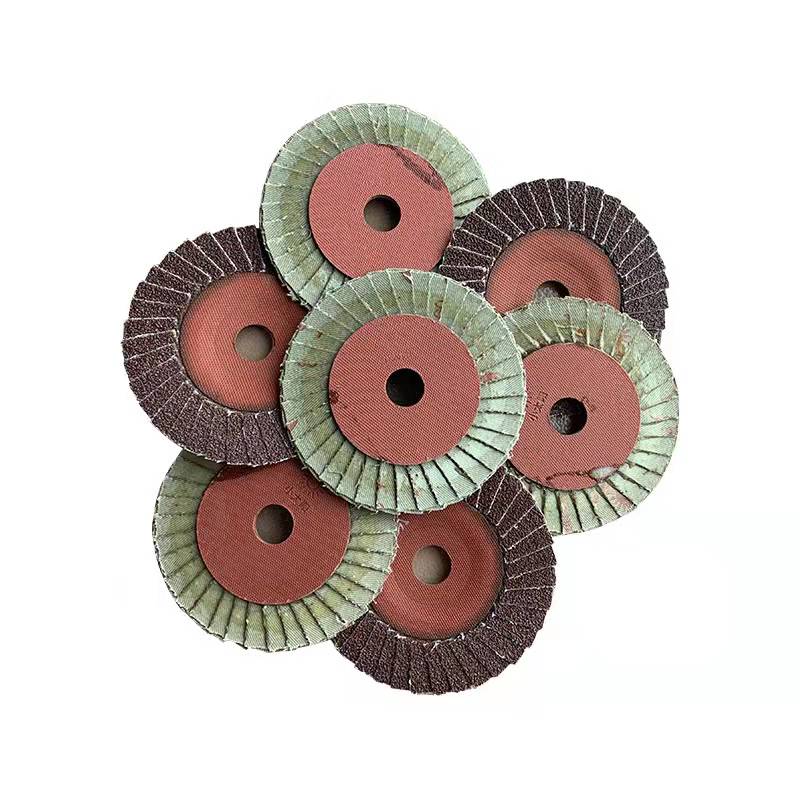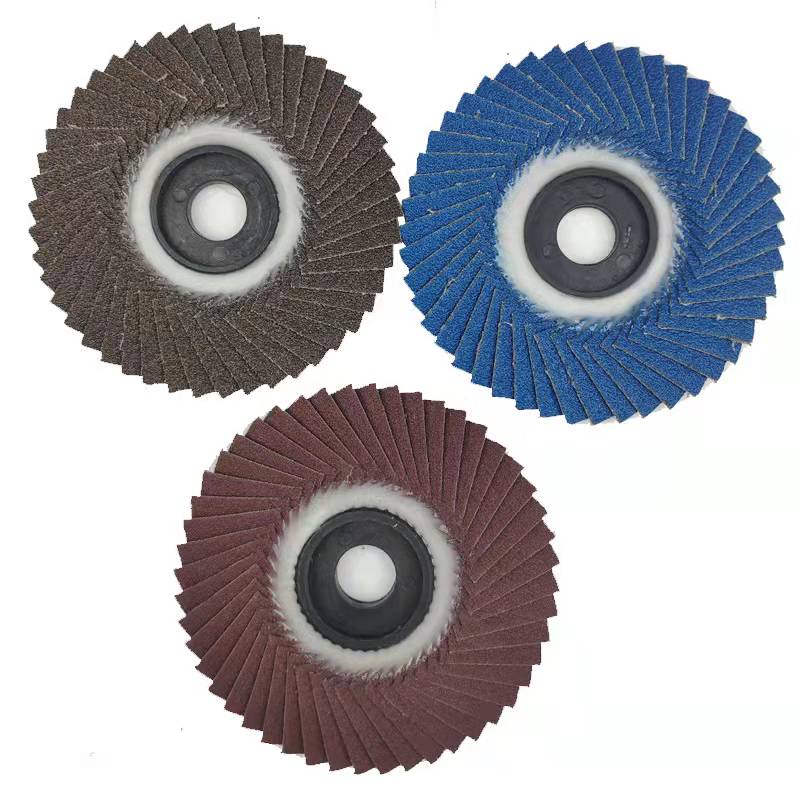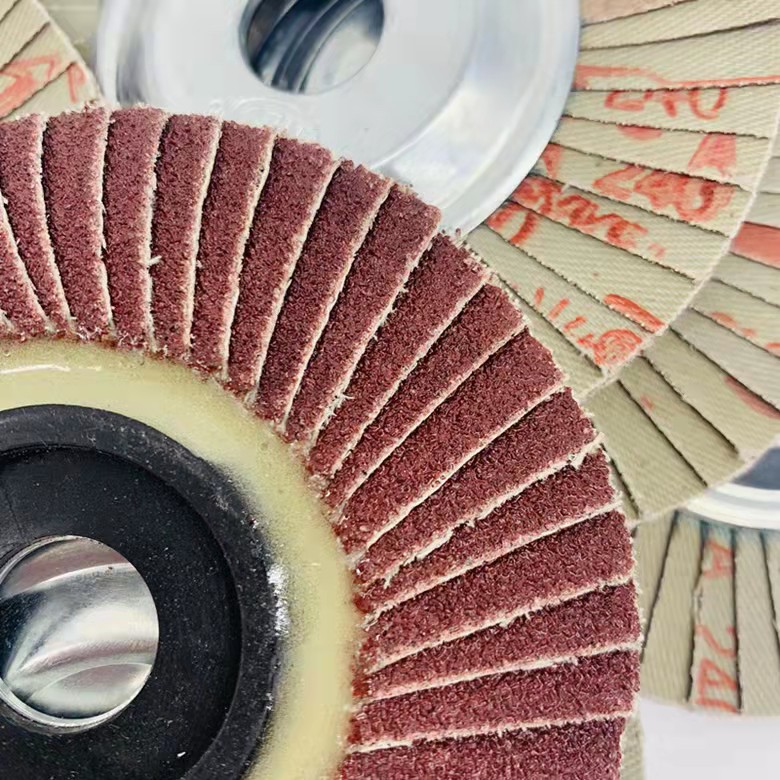The US Monsanto Agriculture Company is about to sell GM products to China, which has caused a dispute between the company and environmentalists. Recently, regardless of the opposition of Greenpeace’s China branch, Monsanto announced that it will launch genetically modified seeds into China as an important product of its strategy in China, which makes the dispute increasingly fierce. Monsanto began working with Chinese companies in 1998 to sell genetically modified cotton seeds to China. Today, Monsanto has partnered with China Seed Group to sell insecticide-resistant corn in the Chinese market and plans to sell soybeans and seeds to Chinese farmers. However, the Greenpeace China Division stated that farmers will be overly dependent on Monsanto because both seeds and pesticides need to be purchased from the company. “Farmers are always victims,†says Fang Lifeng, a member of the organization. In 1998, China signed the International Convention for the Protection of New Plant Varieties, which not only protected the interests of Chinese companies but also protected the interests of foreign companies. But critics say that these regulations prohibit farmers from using the seeds of the previous year's harvest, resulting in unnecessary waste. Michael Hansen, a senior scientist member of the independent nonprofit “consumer leagueâ€, believes that such a rule is equivalent to forcing farmers to buy more seeds. Environmentalists also fear that transgenic plants will cross-pollinate non-transgenic plants. This will allow Monsanto and similar foreign companies to further control various types of seeds. Greenpeace stated that rice products had been cross-pollinated. A 2005 laboratory report pointed out that 5 of the 8 illegally-grown genetically modified rice found in China came from Monsanto. However, Monsanto said that the convention does not prevent seed reserves, and the company’s revenue is heavily invested in research and development. The ultimate benefit is consumers and farmers. The company insists that it has never forced Chinese farmers to purchase seeds. “Whether it is biotech products or ordinary seeds, farmers have the option to purchase,†said Monsanto spokesman John Combest. "Our products are just one of many options." Carl Pray, a Chinese agricultural expert at New Jersey State University in the United States, said that the problem of storing seeds is a false proposition because, according to Chinese regulations, 99% of corn seeds and half of rice seeds are not allowed to be stored. . He said that Chinese farmers have become accustomed to buying seeds every year, whether they are genetically modified or common seeds. Another interesting question is whether genetically modified seeds are really resistant to insecticides as the company claims. Stanford University's 2008 study showed that average seeds required farmers to spray 3.7 insecticides on a quarterly basis, whereas transgenic seeds only needed one or even no need. However, Charles Benbrook, former director of the Department of Agriculture of the National Academy of Sciences, believes that farmers actually need to spray more pesticides after three years of use. As a result, the demand for pesticides increased by 122 million pounds over a nine-year period. So far, China has only approved the use of genetically modified cotton seeds, while at the same time further understanding of other similar products. The risks associated with genetically modified products include allergic reactions, and opponents fear that they will have an unknown long-term effect on humans and animals. At the same time, the Chinese government is also supervising the development of genetically modified seeds in the country. Before 2004, the state invested 199 million U.S. dollars. According to the Stamford report, a comprehensive promotion of genetically modified rice will bring about 4.2 billion US dollars in revenue for the Chinese economy. Monsanto is stepping up its investment in China and plans to open a new research institute in China. Although it was pointed out that Monsanto had already made American farmers rely on the company's products, Perry said that such a situation would not occur in China, and the genetically modified products that are now being promoted are already very mature. (Quest summer) Flap Disc
Flap disc, commonly known as flat emery
cloth wheels, emery discs, flower impellers or elastic grinding discs, are a
large variety of coated abrasive conversion products, which press the cut
coated abrasive sheets one by one. It is formed by sticking adhesive to the
back cover plate along the circumference. The flap disc are called strong
elastic grinding discs. They are made of calcined emery cloth, which uses mesh,
nylon, plastic, steel paper and other materials as the base. Attached abrasive
tools, evenly distributed in a fan shape to ensure the best grinding effect.
The particle size is 36#-320#, 60# and 80# are the most common, and the outer diameter
is 4"-7" installed on the angle grinder. Angle grinders are mainly
installed on hand-held Power Tools to polish and polish welds, burrs, chamfers,
surface rust removal, and surface polishing of various metal and non-metal
parts.
The flat emery cloth wheel (flap wheel) is
formed by sticking multiple emery cloth sheets on the tray in a fan-shaped
superimposed arrangement, and the bonding angle between each emery cloth and
the tray plane is 10°-30°. The emery cloth arrangement of the utility model can
make When the abrasive cloth wheel grinds and polishes the workpiece to be
processed, the cutting angle is optimized to ensure that the base material of
the abrasive cloth wheel and the grinding are consumed simultaneously, which
obviously improves the overall wear resistance and grinding efficiency of the
flat abrasive cloth wheel, and prolongs the service life of the abrasive cloth
wheel. Grind the surface of metallic and non-metallic materials.
product advantages:
Compared with the resin grinding wheel for
fixed abrasives, it has the advantages of polishing and polishing at one time,
shortening the operation time, saving the grinding cost, high efficiency, good
heat dissipation, high grinding efficiency, reducing operator fatigue,
increasing machine life, etc. It has strong elasticity, High tensile and
bending strength and good grinding effect. The grinding speed is fast, the
effect is good, and the noise during grinding is low. It is suitable for
various industries or fields of manufacturing such as major metal parts
factories and machinery factories. Good weather resistance, salt spray
resistance and heat resistance, suitable for use in different regions.
Scope of application:
It is suitable for polishing of stainless
steel, metal, metallurgy, automobile, wood, marble and other industries. It is
especially suitable for the processing of stainless steel and can replace the
resin-shaped grinding wheel. It has strong elasticity, high tensile and bending
strength, good self-sharpening, high grinding rate, and low noise. It is
suitable for welding seams in the box. Polishing of the edges.
There are different classifications of
louvers according to different angles. The following are two common
classifications:
According to the appearance: T27 VS T29
Flap disc generally have two shapes, curved
and flat.
The flap disc type is also called the T27
type, and the curved type generally refers to the T29 type.
The flap disc type (T27) has a flat
surface. It is mainly used to polish the flat surface and the external edges
and corners. The flap disc and the workpiece are angled during work, which can
complete the grinding and polishing at one time, reducing the work flow.
The curved surface of the curved louver
(T29) has an upward arc, which makes the T29 flap disc have a better cutting
ability on the plane. When working, the T29 type grinding wheel forms an angle
of 15° to 25° with the grinding surface, which is mainly used to deal with the
grinding of contours and edges. When there are higher requirements for speed
and cutting ability, T29 flap disc is undoubtedly the best choice.
The related abrasive products we can supply is Flap Disc Adhesive, Bonded Abrasives , and Abrasive Machine such as Flap Disc Making Machine,Abrasive Belt Making Machine, Flap Wheel Machine , Polishing Machine ,Sanding Disc Machine, if you have any needs about abrasive tools, please kindly feel free to contact us.
According to the type of abrasive
particles: ceramic alumina VS zirconium corundum VS alumina
According to the type of abrasive selected,
the flap disc can be divided into three types: ceramic alumina, zirconium
corundum and alumina.
Because ceramic alumina itself has many
crystals, it has good self-sharpening, relatively neat edges, good heat dissipation,
and long service life. Therefore, ceramic alumina louvers are mainly used for
the grinding of stainless steel, aluminum and other hard metals.
Zirconium corundum itself is a
polycrystalline crystal, with fast cutting speed, good self-sharpening, and strong
resistance to high pressure and high temperature. Therefore, zirconium corundum
louver blades have strong cutting ability and long service life.
Alumina: single crystal, the cutting ability begins to
decline at the beginning of grinding, and the abrasive grains are not easy to
break, so the alumina flap disc is suitable for the processing of common
metals.
Flap Disc,Flap Disc Machine,flap disk 4.5,Polishing Flap Disc,Sandpaper Flap Wheel Zhengzhou Jiading Abrasive Manufacturing Co.,Ltd , https://www.jd-abrasives.com

